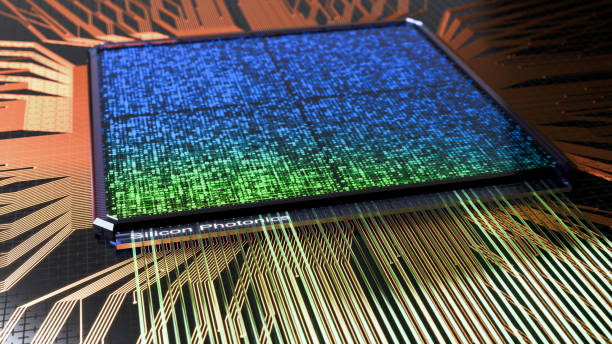Indie Devs Shake Up Gaming with AI-Powered NPCs
From pixelated sprites to photorealistic avatars, non-player characters (NPCs) have long been the backbone of immersive gaming experiences. Now, a new wave of independent developers is harnessing the power of artificial intelligence to create NPCs that adapt, learn, and evolve in ways previously thought impossible. This groundbreaking approach is not only revolutionizing gameplay but also challenging our perceptions of virtual interactions and narrative design.

Breaking the Mold of Static Characters
For decades, gamers have grown accustomed to NPCs with limited dialogue trees and predictable behaviors. While AAA titles have made strides in creating more dynamic characters, indie developers are now leapfrogging these efforts with AI that can generate contextually appropriate responses in real-time. This breakthrough is particularly evident in role-playing and adventure games, where player choice and character interaction are paramount.
The Technology Behind Adaptive NPCs
At the heart of these adaptive NPCs lies a combination of natural language processing, machine learning algorithms, and neural networks. These technologies work in tandem to analyze player inputs, generate appropriate responses, and continuously refine the NPC’s behavior based on accumulated data. Some indie developers are even experimenting with emotion recognition algorithms to create NPCs that can respond to players’ vocal tones and facial expressions.
Challenges and Ethical Considerations
While the potential of AI-powered NPCs is immense, it’s not without its challenges. Developers must grapple with issues of bias in AI training data, the potential for unexpected or inappropriate NPC behavior, and the ethical implications of creating virtual beings that can learn and evolve. There’s also the question of how to balance the unpredictability of AI with the need for coherent storytelling and game design.
Impact on Game Design and Player Experience
The introduction of adaptive AI NPCs is reshaping how indie developers approach game design. Traditional linear narratives are giving way to more fluid, player-driven stories where NPCs can remember past interactions and adjust their attitudes accordingly. This shift is creating more personalized and immersive gaming experiences, where each playthrough can be genuinely unique.
Player Reception and Future Prospects
Early adopters of games featuring AI-powered NPCs have reported mixed but largely positive experiences. Many players praise the increased realism and unpredictability these characters bring to their gaming sessions. However, some express concerns about the potential loss of crafted narratives and the uncanny valley effect that can occur when AI behavior doesn’t quite hit the mark.
Indie Success Stories
Several indie titles have already made waves with their innovative use of AI NPCs. Games like Emergent Tales and Sentient Horizons have garnered critical acclaim for their dynamic character interactions and evolving world states. These successes are inspiring a new generation of developers to explore the possibilities of AI in game design.
The Road Ahead for AI in Gaming
As AI technology continues to advance, we can expect to see even more sophisticated NPC behaviors in future indie titles. From NPCs that can engage in complex negotiations to those that form lasting relationships with players, the potential for deep, meaningful interactions in virtual worlds is expanding rapidly. This trend may well reshape our expectations of what constitutes a rich gaming experience.
A New Era of Interactive Storytelling
The integration of adaptive AI into NPCs by indie developers marks a significant milestone in the evolution of gaming. As these technologies mature and become more accessible, we stand on the brink of a new era in interactive storytelling. The lines between scripted narratives and emergent gameplay are blurring, promising a future where every player’s journey through a game world is truly their own.




